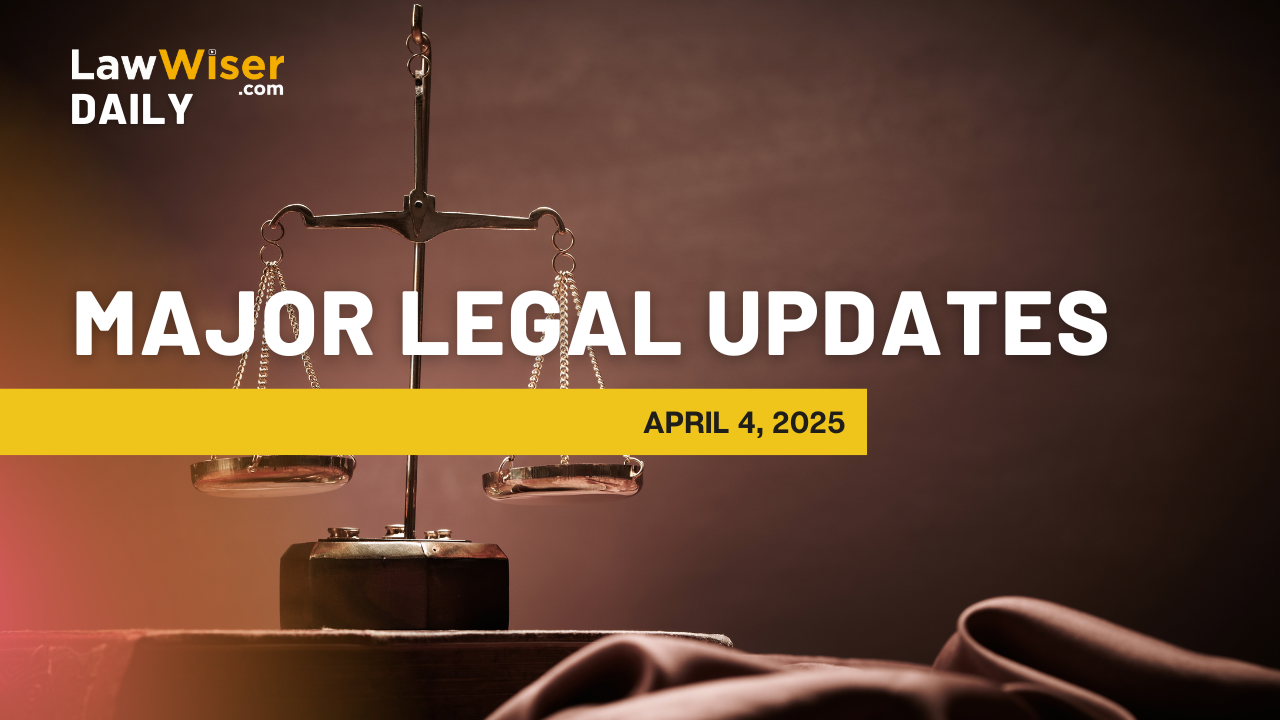Supreme Court Declines PIL Seeking Social Media Ban for Children Under 13
The Supreme Court on Friday refused to entertain a public interest litigation (PIL) seeking a ban on social media access for children below the age of 13. A Bench of Justices BR Gavai and AG Masih held that such matters fall within the government’s policy domain and did not warrant judicial directions.
The PIL was filed by the Zep Foundation, a non-profit organisation, which argued that unrestricted access to social media platforms is harmful to children’s mental and emotional health, violating their fundamental rights under Article 21 of the Constitution. Citing studies, the petitioner said children are spending over five hours a day online, exposed to harmful and addictive content driven by algorithms.
The plea pointed to rising incidents of depression, anxiety, and self-harm among children and called social media an “unmonitored psychological battleground.”
Key demands made in the petition included:
- A total ban on social media for children under 13
- Mandatory parental controls for users aged 13–18
- Real-time monitoring tools and age verification systems
- Biometric authentication for platform access
- Penalties for non-compliance by social media platforms
- A nationwide digital literacy campaign targeting parents, teachers, and students
While dismissing the PIL, the Court granted the petitioner liberty to approach the Central government with a representation.
Asaduddin Owaisi Moves Supreme Court Against Waqf Act Amendment
AIMIM leader and Lok Sabha MP Asaduddin Owaisi has filed a petition in the Supreme Court challenging the constitutional validity of the Waqf Amendment Bill, 2023. The Bill, passed by both Houses of Parliament and currently awaiting Presidential assent, proposes sweeping changes to the Waqf Act, 1995.
Owaisi had strongly opposed the Bill during the Lok Sabha debate, calling it an “attack on the faith and religious practices of Muslims.” He argued that the Bill violates multiple constitutional protections, particularly Articles 14, 25, and 26, which guarantee equality, religious freedom, and the right to manage religious affairs.
“A Muslim will face restrictions on waqf property, and the encroacher will overnight become the owner. A non-Muslim will administer it, and this is a violation of Article 14,” Owaisi said in Parliament. He further contended that the Bill strips Muslims of their right to administer waqf properties, a right granted to other religious communities for their own institutions.
Congress MP Mohammad Jawed has also filed a separate petition challenging the Bill, calling it discriminatory and violative of Articles 14, 25, 26, 29, and 300A (right to property).
The Waqf Amendment Bill proposes major changes to how waqf properties are declared, managed, and audited:
- The name of the law is to be changed to the Unified Waqf Management, Empowerment, Efficiency, and Development Act.
- Only practicing Muslims of at least five years, who own the property, can now declare it as waqf.
- The provision for waqf by long-term use (waqf by user) is removed.
- Waqf-alal-aulad (family waqf) must not deny inheritance rights, including to women.
- The Waqf Board’s power to unilaterally declare property as waqf is removed.
- Two members of the Central Waqf Council must now be non-Muslims.
- The Central government gains powers to frame rules and conduct audits, which were previously under State control.
Critics argue these provisions dilute community control over religious endowments and centralize powers in the hands of the Union government. The Supreme Court will now examine whether the amendments meet constitutional standards.
Sebi Allows Investment Advisers, Research Analysts to Collect Advance Fees for Up to One Year
The Securities and Exchange Board of India (Sebi) has permitted investment advisers (IAs) and research analysts (RAs) to charge advance fees for up to one year, provided the client agrees. This marks a change from the earlier limits of two quarters for IAs and one quarter for RAs.
The new rules, announced via circular on April 2, aim to encourage longer-term financial recommendations and address concerns raised about the earlier fee restrictions.
Sebi clarified that this change applies only to individual and Hindu Undivided Family (HUF) clients, excluding accredited investors. For non-individual clients, accredited investors, and institutional investors using proxy advisers, fees will continue to be governed by bilateral contracts.
The circular emphasized that while advance fee collection is now allowed for up to one year, it remains subject to client agreement. Other fee-related provisions like fee caps, payment modes, refunds, and breakage fees will also apply only to individual and HUF clients who are not accredited.
This policy revision follows industry feedback that the earlier limits discouraged long-term planning and investment strategies. A consultation paper was issued before finalizing the rule change.
The new guidelines take effect immediately.



 April 4, 2025
April 4, 2025






 September 2, 2025
September 2, 2025 0 COMMENTS
0 COMMENTS



